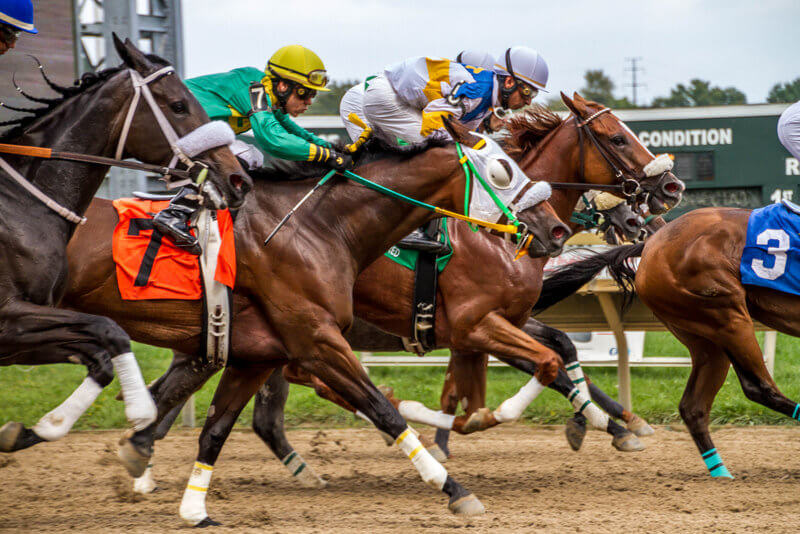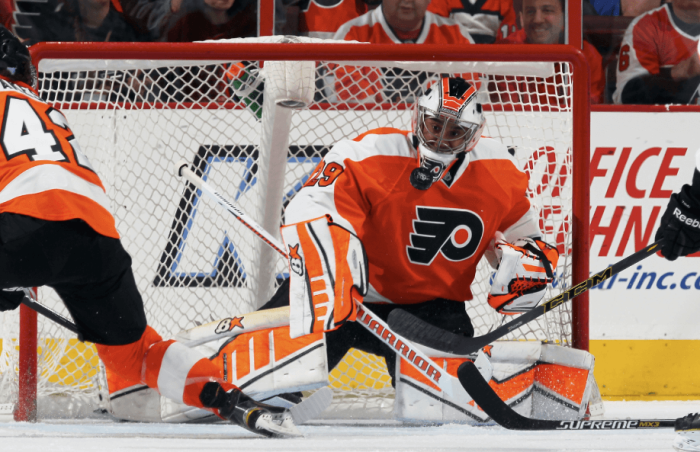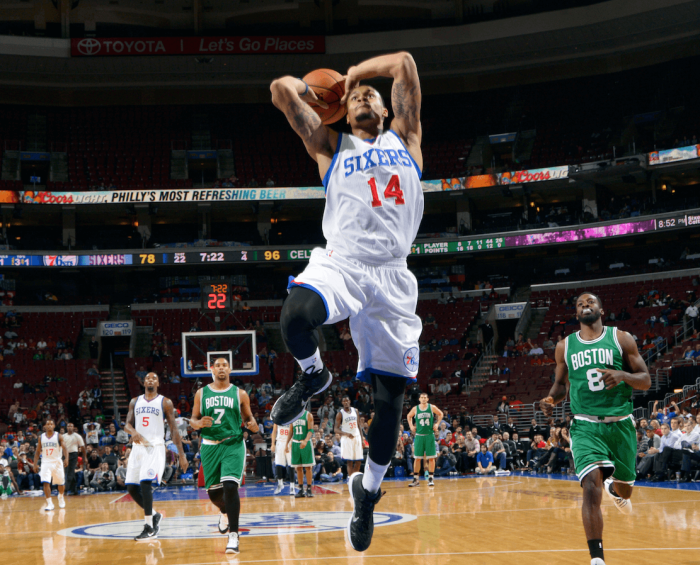The Wolf administration says a suspension of horse racing has been averted — for one week, at least.
The Pennsylvania Department of Agriculture announced last week that it would suspendthe state’s race tracks by the end of October, saying special taxes that fundedregulation weren’t bringing in enough to provide adequate oversight. Since then, representatives of the horse racing industry, the governor’s office and the state legislature have been meeting to head off a shutdown.
RELATED:Wolf Administration threatens horse racing shutdown “I want to thank everyone for their diligence and their willingness to return to the table day-after-day and talk through these issues,”Pennsylvania Agriculture Secretary Russell Reddingsaid in a statement. “While we don’t yet have a comprehensive agreement, we do agree on many of the major points. Those areas where differences remain are not insurmountable.” The state’s six race tracks have seen a 71 percent decline in wagering since 2001, according to Redding.
Betting at racetracks topped $1.4 billion in 2001, but has fallen to about $425million.
The roughly $12 million State Racing Fund is propped up by a mix of licensing fees, admissions taxes and taxes on rounding of payouts, according to a 2014 report by state Auditor General Eugene DePasquale. But under state law, none of the licensing fees on horses, jockeys and owners can exceed $100. None of the racetracks charge admissions, so regulators have imposed a fee of 3 cents per person that goes to the track. And then there is the rounding off of wagers. Tracks round winnings down to the nearest dime, meaning that if a bettor wins $20.71, the track shaves a penny off of the payout. That penny is taxed at 25 percent. There are also taxes on wagering, between 1 and 2 percent.
That hasn’t been enough to cover the cost of personnel at the state racing commission and drug testing on horses.
Those taxes bring in $11 million per year. The Department of Agriculture says it costs between $18 million and $20 million to fund it.
To bridge the gap, the racing commission has in some cases simply billed the Department of Agriculture, or it has turned to another fund — a tax on slot machines that was designed to increase purses for winning horses and help build the state’s horse racing industry overall. That fund, the Pennsylvania Horse Race Development Fund, brought in more than $242 million in 2014, but has been regularly tapped by the state General Assembly to plug budget gaps.
Wolf administration extends horse racing shutdown deadline one week

Rick/Flickr




























